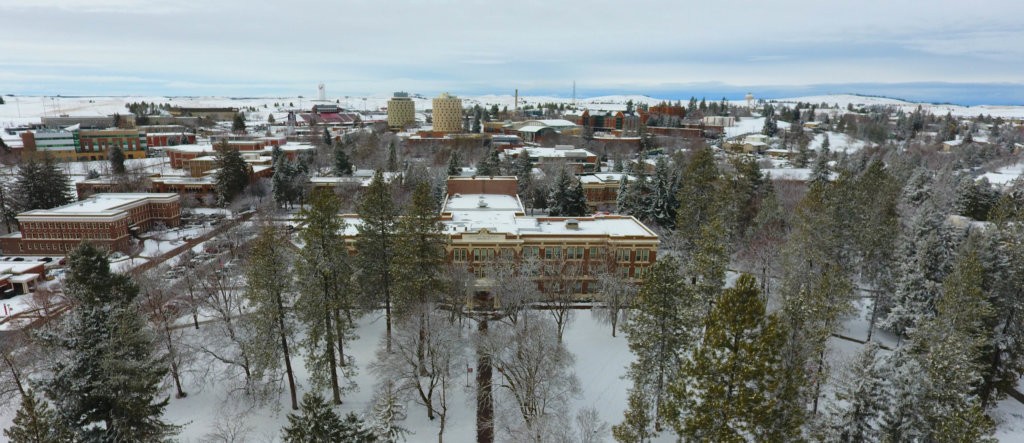The 2020 Washington Legislature convened this week in Olympia. While this is not a “budget year,” it is an election year and many important policy and financial issues will be in front of state lawmakers.
For the next couple of months, EWU’s Director of Government Relations, David Buri, will spend his days at the state capitol visiting with lawmakers and urging them to support Eastern—and higher education—in their discussions.

As it does each year, Eastern Washington University has outlined its top legislative priorities for the session.
InsideEWU visited with Buri about his role and what to expect this year:
What is your role as Director of Government Relations for Eastern Washington University?
As a state public higher education university, actions our elected officials take in Olympia have a direct impact on the institution and the students we serve. Legislators are responsible for base funding allocations, tuition rates, new building funds and policy decisions that affect every aspect of the university. All six public baccalaureate institutions have representatives in Olympia that work with legislators to insure that the needs of higher education are heard as they make these important decisions.
How long does a legislative session typically last?
The state works on a biennial (two-year) budget. Budget writing sessions (odd-numbered years) are scheduled to last 105 days. Supplemental sessions (even-numbered years) are scheduled for 60 days.
So what will happen during this “supplemental” budget year?
The primary purpose of the supplemental session is to fine-tune and make necessary changes to the underlying budget.
Can you summarize the top priorities for EWU that you will be discussing with lawmakers?
We will work with key legislators on budget priorities (both operating and capital) and introduce the new (legislative) members to EWU.
How about higher education in general, are there any critical issues that will surface in Olympia?
Last year the Legislature passed HB 2158 that made significant investments in EWU and higher education including full funding of the Washington Grant Program (former State Need Grant) and money to launch our Computer Engineering program. The entire higher education community will be working with the legislature to say “thank you” and insure the continued funding of this important piece of legislation.

